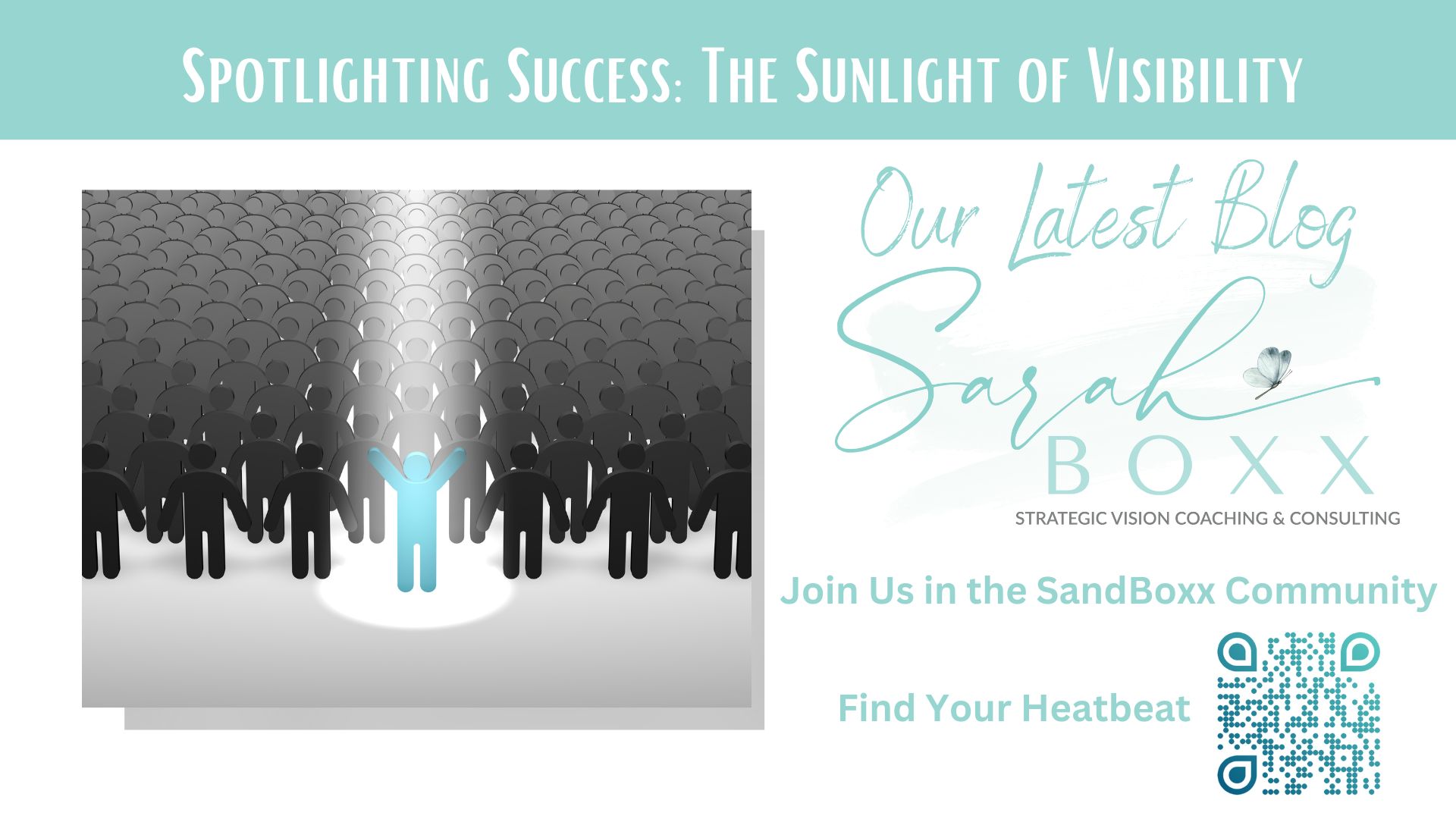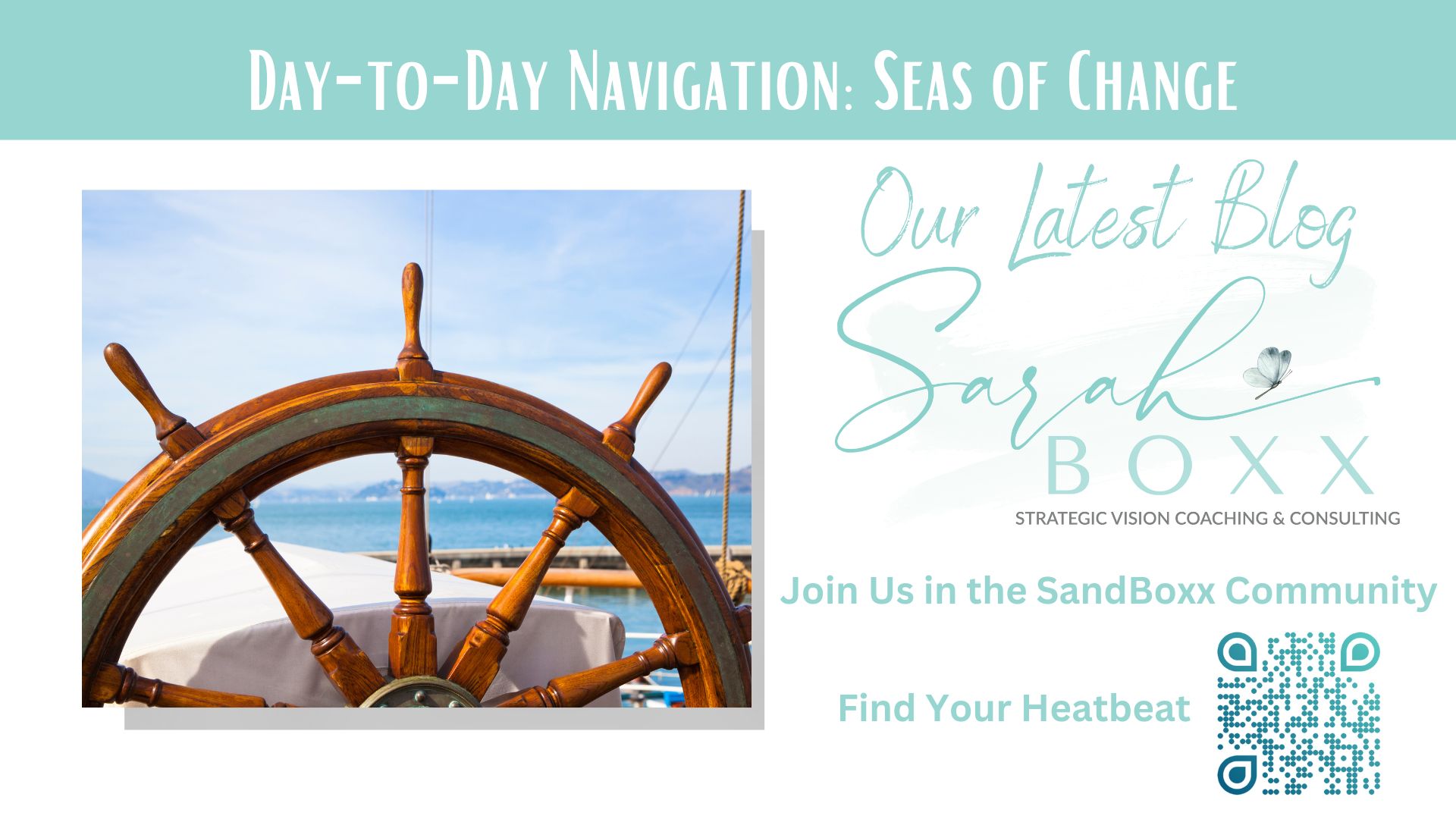“Stories create community, enable us to see through the eyes of other people, and open us to the claims of others.”
– Peter Forbes
Since the beginning of time, people have been telling stories. The art of storytelling spans continents, generations, and cultures. As long as there have people on this earth living life and doing things, there have been stories to tell.
Some historians believe that storytelling has been around almost as long as language itself. Simply put, storytelling is an integral part of the human experience.
The earliest historical evidence of storytelling comes from cave drawings found in France. These images are over 30,000 years old.
Oral storytelling is also a historical linchpin that spans across cultures and time periods. Oral storytelling was (and is) used in a variety of ways. It began as a way for cultures to remember their history, sharing stories of the past. Legends, fables, and parables, became a great way to teach lessons and share moral truths.
Is storytelling still a relevant form of communication today? ABSOLUTELY!
We obviously have plenty of written works (books, articles, magazines, text messages, etc.) but oral storytelling also continues to be very popular today.
Think about it…
- What is the purpose of YouTube? That’s right…oral storytelling.
- Ever wondered why Instagram decided to name their first video feature, “Stories?”
- Podcast platforms grow with every passing year. Why? People want to listen to the ideas and (you guessed it) stories that others have to share.
In short, storytelling is very much alive and doing well.
Since storytelling is a foundational piece of every culture and time period, it begs the question:
Why? Why do we tell stories?
Here are a few reasons:
- Stories are told in an effort to connect and relate with others.
- Stories are a way to memorialize important historical information.
- Stories are created to entertain.
- Stories are told as a way to inform or educate an audience.
In case you might be thinking…
“Thanks for the history lesson, Sarah. But what does storytelling have to do with leadership? Or nonprofit work? Or strategic planning? Or, I don’t know, any of the things you usually talk about?!”
Great question!
Storytelling is a valuable and important tool for connection. It has its place in personal relationships, professional networking, communication, business, and beyond. In essence, the impact of storytelling is everywhere.
For the rest of this month, I’ll be unpacking the power of heart-centered storytelling and specifically how it can benefit your organization.
What is a story that has impacted you? Are there any stories that have changed your life or helped you make an important decision? Let me know in the comments below.
Article was contributed by: Maria Lees, Team Writer with Sarah Boxx
RESOURCES:
https://www.nationalgeographic.org/encyclopedia/storytelling/




